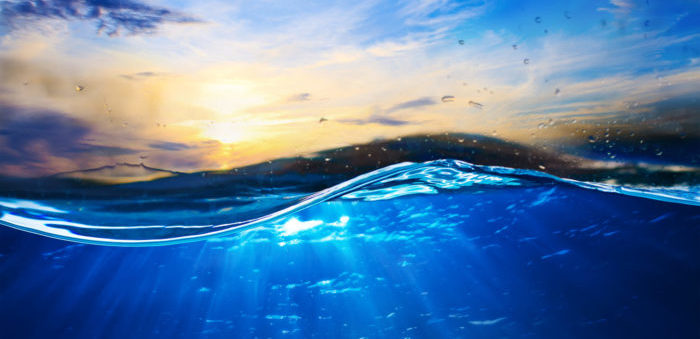At the United Nations in New York, the International Chamber of Shipping (ICS) is representing shipowners at a negotiation to agree a new legal instrument for the protection of the ocean under the UN Convention on the Law of the Sea (UNCLOS). This instrument will apply to ‘high seas’ areas ‘beyond national jurisdiction’.
Addressing the matter, ICS Chairman, Esben Poulsson, highlighted the need to make sure that this UN initiative will not affect negatively the future governance of global shipping, and that it will not interfere with principles such as freedom of navigation, or otherwise cutting across the work of IMO.
Esben Poulsson stated:
As a result of the global rules already provided by IMO, ships are not operating in a regulatory vacuum. A shipowner’s activities are never beyond national jurisdiction, even on the high seas.
[smlsubform prepend=”GET THE SAFETY4SEA IN YOUR INBOX!” showname=false emailtxt=”” emailholder=”Enter your email address” showsubmit=true submittxt=”Submit” jsthanks=false thankyou=”Thank you for subscribing to our mailing list”]
ICS noted that it fully supports the objectives of the UN negotiations and the need to provide environmental protection for the ocean from activities such as fishing and seabed mining.
Nevertheless, according to, these are activities which do not enjoy a comprehensive framework of global regulation such as that which has been developed, over a period of 50 years, by the UN IMO and its 174 Member States.
In addition, ICS noted that thes IMO framework governs virtually every aspect of maritime environmental protection and is genuinely implemented on a worldwide basis. This includes a mechanism for Port State Control enforcement, where all visiting ships are inspected for full compliance with global IMO standards, regardless of the flag state of the ship.
What is more, the new UN instrument is likely to allow area-based management tools such as Marine Protected Areas (MPAS) being developed for the high seas, with ICS mentioning that any future measures that might apply in such MPAs, should still be determined by the IMO.
The UN negotiations for the ‘Development of an international legally binding instrument under the United Nations Convention on the Law of the Sea on the conservation and sustainable use of marine biological diversity of areas beyond national jurisdiction’ are expected to end with the adoption of a new legal instrument by 2020.






























































